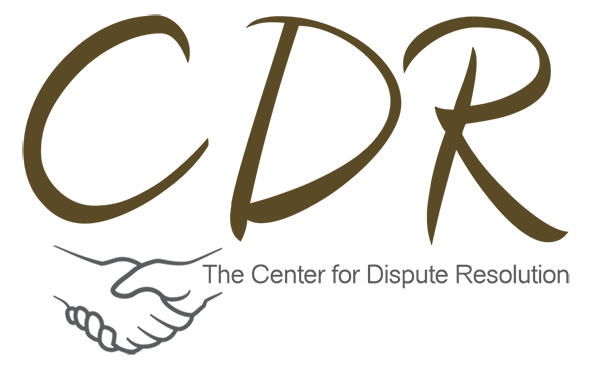
Navigating Cultural Sensitivity in Hospital Conflict Resolution: A Vital Component of Healthcare Harmony
In the dynamic and diverse landscape of healthcare, effective conflict resolution is paramount to maintaining a harmonious work environment. One key aspect often overlooked is the significance of cultural sensitivity in addressing conflicts among a diverse healthcare workforce. Cultural competence plays a pivotal role in fostering understanding, promoting collaboration, and ultimately improving patient care outcomes.
Importance of Cultural Competence in Healthcare Conflict Resolution
Healthcare settings are microcosms of global diversity, with professionals from various cultural backgrounds coming together to provide optimal patient care. The ability to navigate and resolve conflicts effectively becomes even more critical in this context. Cultural competence, defined as the ability to understand, appreciate, and interact with people from diverse cultures, is essential in hospital conflict resolution for several reasons.
- Enhancing Communication: Effective communication is at the core of resolving conflicts. Understanding the cultural nuances of communication styles can prevent misunderstandings and misinterpretations, leading to smoother conflict resolution.
- Building Trust: Trust is the foundation of any successful team. Cultural competence fosters trust by demonstrating respect for individual differences. Healthcare professionals who feel understood and respected are more likely to collaborate and resolve conflicts amicably.
- Promoting Inclusivity: Cultural sensitivity encourages an inclusive environment where each team member feels valued, regardless of their cultural background. Inclusivity minimizes the likelihood of conflicts arising from feelings of exclusion or discrimination.
- Improving Patient Care: Cultural competence not only benefits internal relationships but also has a direct impact on patient care. A culturally sensitive healthcare workforce can better understand and address the diverse needs of patients, leading to improved outcomes.
Tips for Understanding and Addressing Cultural Differences
- Cultural Awareness Training: Hospitals should invest in cultural awareness training for their staff. This includes education on different cultural norms, values, and communication styles. Such training can enhance the team’s ability to navigate conflicts with cultural sensitivity.
- Active Listening: Encourage active listening during conflict resolution processes. This involves not only hearing the words spoken but also understanding the cultural context and non-verbal cues. Active listening fosters empathy and promotes a deeper understanding of perspectives.
- Promote an Inclusive Environment: Create a workplace culture that celebrates diversity and inclusion. This involves acknowledging and appreciating the unique contributions of individuals from different cultural backgrounds. In an inclusive environment, conflicts are less likely to arise based on cultural differences.
- Establish Clear Communication Channels: Ensure that communication channels are transparent and open. Establish a protocol for addressing conflicts that allows team members to express concerns and differences without fear of retribution. Clear communication helps prevent misunderstandings from escalating into conflicts.
Conclusion
In conclusion, cultural sensitivity is not a mere nicety but a necessity in the realm of hospital conflict resolution. By fostering cultural competence, healthcare organizations can build stronger, more cohesive teams that contribute to a positive work environment and improved patient outcomes. Prioritizing cultural sensitivity in conflict resolution is an investment in the well-being of both healthcare professionals and the individuals they serve.
✅ Resolve disputes effortlessly. ✅ Build stronger relationships. ✅ Subscribe FREE now!
Don't miss out! Join us today. 🚀


Comments are closed